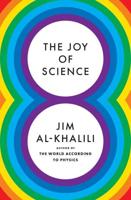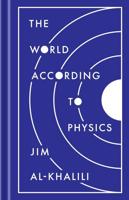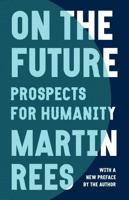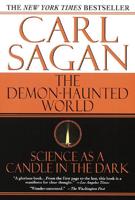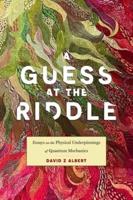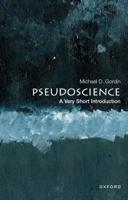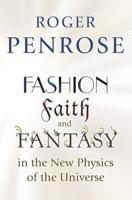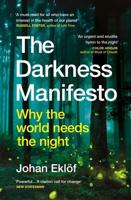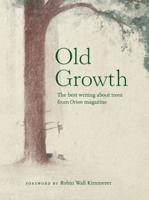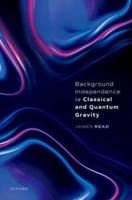Publisher's Synopsis
What Makes a Good Experiment? revisits the important question Franklin posed in his 1981 article of the same title in BJPS, when it was generally believed that the only significant role of experiment in science was to test theories. But experiments can actually play a lot of different roles in science, as he explains--they can, for example, investigate a subject for which a theory does not exist, help to articulate an existing theory, call for a new theory, or correct incorrect or misinterpreted results. This book provides details of good experiments, with examples from physics and biology, illustrating the various ways they can be good and the different roles they can play.

